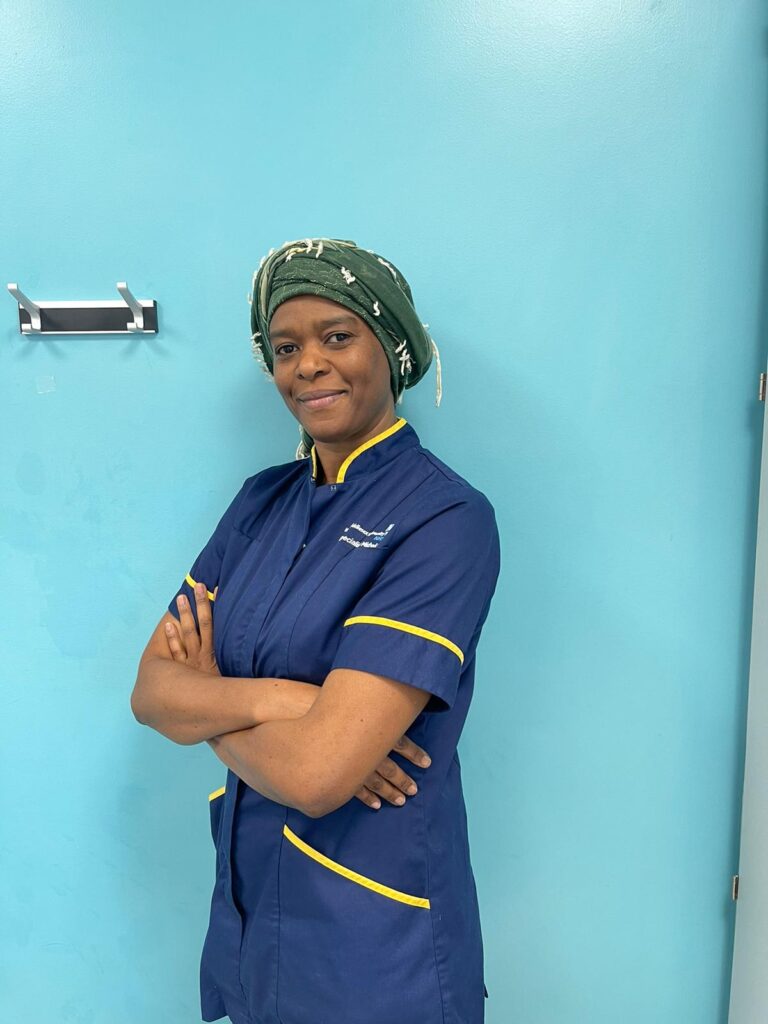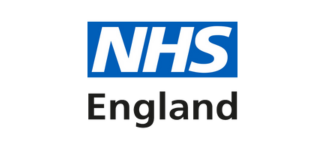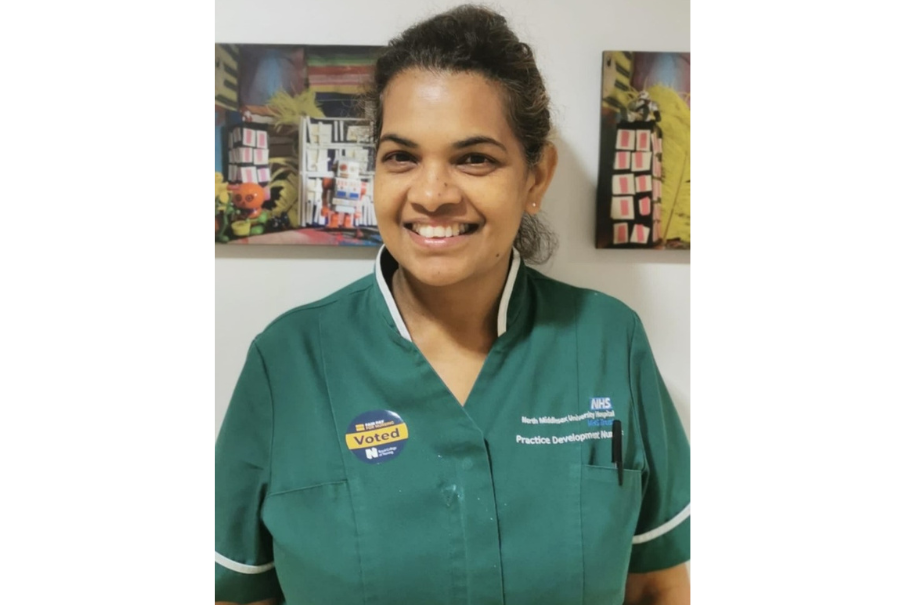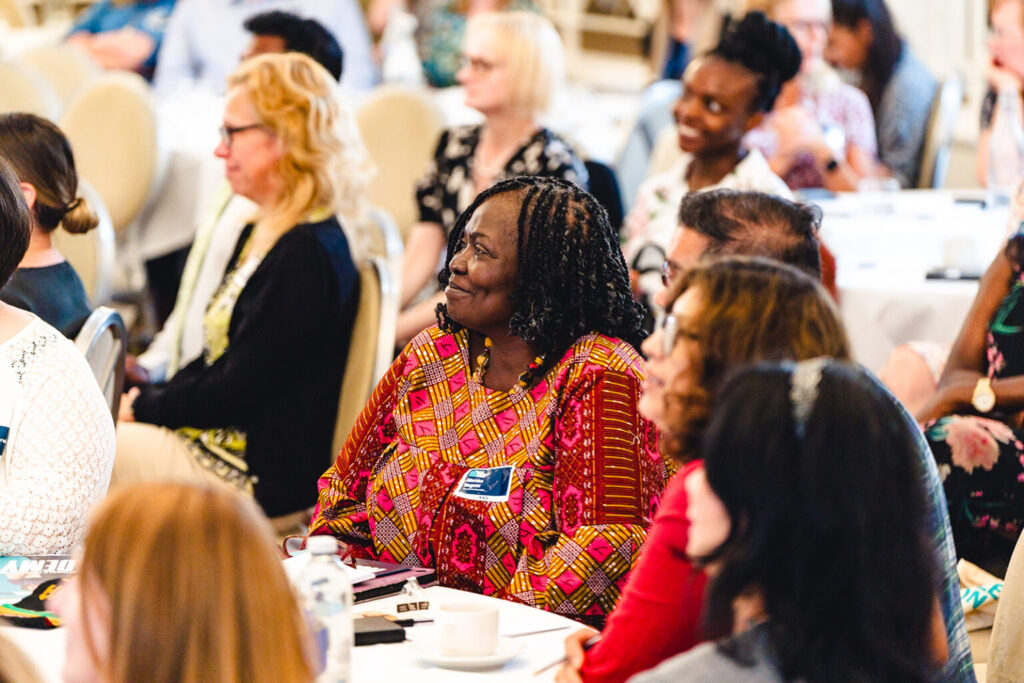The Florence Nightingale Foundation is pleased to partner with The Mary Seacole Trust and NHS England to provide a leadership development opportunity to nurses, midwives and health visitors who are working to improve health inequalities, particularly in Black, Asian or Ethnic Minority communities.
Please note: this programme is now closed for applications.
This programme is open to all nurses and midwives from a Black, Asian or Ethnic Minority background at band 7 or 8a (or equivalent) working within NHS England and independent providers who are contracted to provide NHS services.
Mary Seacole was a British Jamaican nurse and businesswoman who set up the British Hotel behind the lines during the Crimean War. She displayed compassion, skill and bravery while nursing soldiers during the Crimean War. The programme is intended to celebrate the life of Mary Seacole while underpinning the values by which she lived and worked.
Funded by NHS England, this bespoke development programme will develop the leadership skills of participants as well as supporting them to lead on a quality improvement (QI) project that addresses health inequalities where they work. Participants will also be allocated a mentor for support and guidance.

The Mary Seacole Leadership Development programme helped me to develop a better self-understanding and showed me the importance of mentorship in developing capabilities through constructive feedback and ongoing motivation. The QI project I carried out as part of this looked at the impact of early dietary education on the outcome of pregnancy, in an area where 85% of service users are from black or ethnic minority backgrounds. The changes put in place as part of my project led to improved access to best practice healthcare for women with language barriers.
Dian Bates, Mary Seacole leadership programme alumna
Objectives
The programme takes place over nine months, as per the timeline below (with additional days needed for the QI project). During the programme participants will:
- Demonstrate enhanced awareness of how personality preferences influence personal effectiveness and performance in teams.
- Identify and critically appraise opportunities to influence through personal and collective authority.
- Develop strategies to express self in a manner which communicates presence, enables influence and has impact.
- Explore personal resilience and develop tools for staying effective under pressure.
- Develop own personal approach to leadership – exploring values, biases, blind spots, and attitude to diversity.
- Formulate and put into practice plans which contribute to improved outcomes for people from Black, Asian or Ethnic Minority backgrounds, underpinned by evidence and quality improvement methodology.
The Mary Seacole Trust are so incredibly proud to be a partner in delivering this wonderfully inspirational programme. It is a pleasure to hear from nurses and midwives who are not just dedicated to self-development and becoming future leaders; they are also change-makers.
Trevor Sterling, Chair of the Trustees, The Mary Seacole Trust
Partners


Quality Improvement Project
A key part of this leadership programme is the Quality Improvement/Change project. The project will focus on enhancing the experience of people from a Black, Asian or Ethnic Minority background community accessing health services, through addressing health inequalities. You will need to provide details of your planned project in the application – in maximum 350 words. There is a dedicated QI session as part of the leadership programme which will provide you with support and tools for carrying out the project. You might want to consider the following points when submitting your application:
- What is the problem? Describe a specific health inequality you have observed in your workplace, such as differences in access, outcomes, or patient experiences among disadvantaged groups. Explain who is most affected and what barriers they face.
- Who are the relevant stakeholders? Identify the key people and groups involved, including patients, healthcare staff, leadership, community organisations, and policymakers. Consider who needs to be engaged to create meaningful change.
- Brief description of your idea. Outline the change/s you are proposing to reduce health inequalities, such as improving access, redesigning services, offering targeted support, or increasing staff awareness and training.
- Predicted benefits and measuring impact. Explain how your changes will improve healthcare for disadvantaged groups and how you will measure success—this could include better access, improved patient outcomes, or reduced disparities in care.
Mentor allocation
Each of the Mary Seacole Leadership programme participants is allocated a mentor for support and guidance throughout the 9-month programme. FNF asks the programme participant to arrange an initial meeting with their mentor to identify their personal development plan and project objectives, timelines, methods and plans for sustainability and spread.
The mentor may make further suggestions for development and broker introductions that would be useful for the programme participant to make contact with.
We ask the mentor to meet with the programme participant bi-monthly for the duration of the programme. This enables the mentor to check and evaluate progress and provide ongoing advice and support.

The Mary Seacole leadership programme has validated and enhanced my ability to be a compassionate leader which has had a huge impact on leading others around behaviour changes, as this was a key challenge as part of my project. It has as given me the opportunity to re-ignite my passion for nursing by reminding me what my values are and strengthen my commitment as a role model to support our future nurses.
Suzanne McFarlane, Mary Seacole programme alumna
Once you have completed the programme you will join the FNF alumni community and receive ongoing networking and leadership development opportunities through events, webinars and policy thought leadership.
Programme Structure and Dates
Applications close
Online application
Welcome
Virtual
Quality Improvement Project
Virtual.
Influencing and Authority
Face to face (London)
Personal presence and Impact (RADA)
Face to face (London). One day only, you will be allocated a day when you start.
Writing for Publication
Virtual.
Quality Improvement Project Deadline
5pm TBC.
Celebration Event
Face to face (London)
Eligibility criteria
To participate in the programme you must:
- be a registered nurse or midwife with the NMC.
- be from a Black, Asian or Ethnic Minority background.
- be working at NHS Agenda for Change bands 7 and 8a or equivalent.
- be working in NHS or NHS commissioned services in England.
- submit a proposed project to address inequalities in access to health services, including people from minority ethnic backgrounds.
Application Process
Cost
This programme is funded by NHS England. Participants will need to fund their travel costs to attend face to face sessions or to meet with their mentor, and any other related costs including accommodation if you choose to stay overnight before or after any of the face to face elements of the programme. It should also be noted that there is no additional funding for any costs related to the QI project.
Application and Deadline
This programme is now closed to applications.
